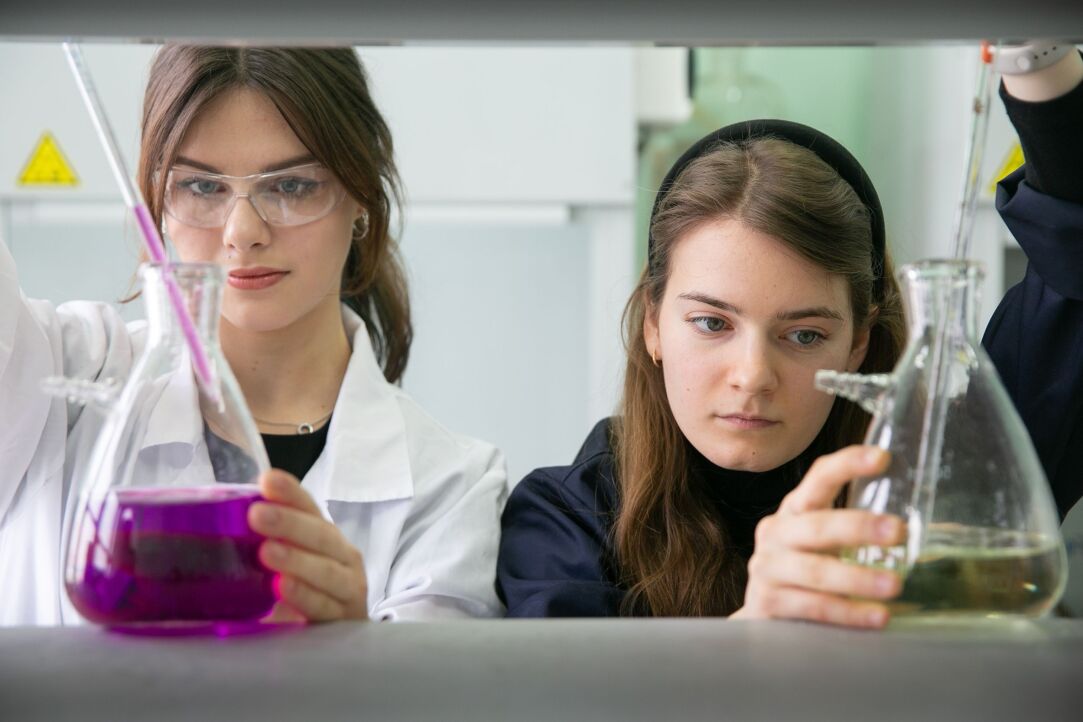Architecture, Computer Games, Chemistry of New Materials: HSE Launches New Educational Programmes

This year, HSE University will open admission to ten new bachelor's programmes. Three of them—Architecture, Game and Digital Product Development, and Chemistry of New Materials—have recently been approved by HSE University's Academic Council. Here, we provide more details on these programmes.
The educational programme in Architecture, where the duration of study is five years, is offered within the field of study of the same name by HSE University's St Petersburg School of Art and Design in partnership with leading architectural design companies, federal-level museum institutions, and representatives of major businesses. Students will graduate as specialists in architectural design, pre-design analysis, construction design supervision, and design in architectural engineering.
The educational process will be project-based, where students will work under the guidance of experienced mentors—leaders of the professional market in St Petersburg—and use briefs from real customers, such as cultural facilities, residential buildings, shopping malls, hotels and restaurants, social, cultural and leisure complexes, and more.
Developing games and digital products for the creative industries is a complex process that requires knowledge and skills in both design and software engineering. Therefore, the educational programme in Game and Digital Product Development offered at HSE Campus in Moscow combines two fields of study—'Software Engineering' and 'Design,' and students will be trained by instructors from the Faculty of Computer Science and the Art and Design School of HSE University.
The educational process will include, in addition to mastering programming languages and integrated development environments, designing games and digital products, and creating game prototypes and multiplatform applications, also building the skills of working as part of an interdisciplinary team and learning the principles of managing teams and products. To date, there are no other educational programmes in Russia that offer this type of training to students.
Another programme, Chemistry of New Materials within the study field of Chemistry, Physics and Mechanics of Materials, is also offered in Moscow and provides comprehensive training in Materials Chemistry. Its target audience includes graduates of specialised classes in schools offering advanced education in chemistry and engineering, and its network partners are the Joint Department with Kurnakov Institute of General and Inorganic Chemistry and the Federal Research Centre of Problems of Chemical Physics and Medicinal Chemistry of the Russian Academy of Sciences.
The relevance of the programme is based on the crucial role of materials in driving both the technological growth and the quality of life; therefore, having specialists capable of developing new materials is an essential component of Russia's technological sovereignty. Thanks to the New Materials and Chemistry national project for technological leadership launched this year, the demand for specialists in the field of materials chemistry will be growing multifold.

